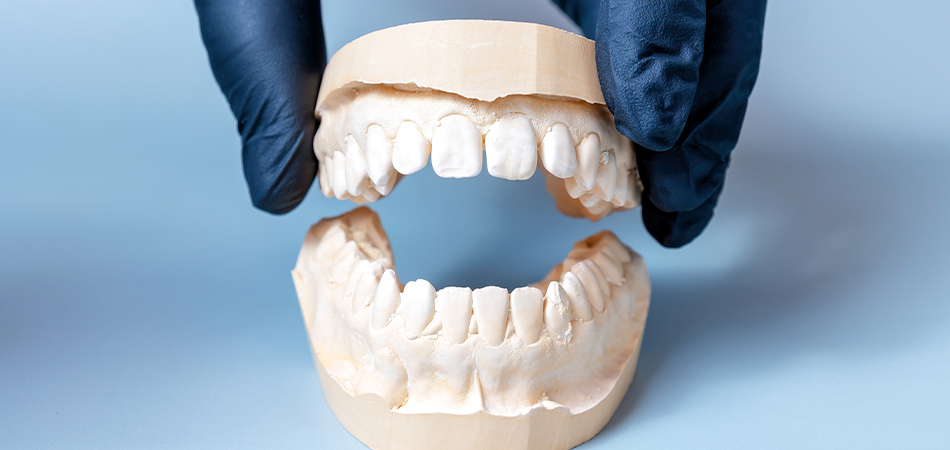
Treating Dental Implant Complications in Washington
Proper Post-Surgery Implant Care
Though relatively common, placing dental implants is a serious procedure that requires a certain level of post-surgery care to ensure optimal recovery and healing, as well as avoiding any issues or complications. Our team is highly trained to treat and manage arising complications from your implants and help you understand the proper post-care at home.
Contact us at (636) 242-6450 to speak with a member of our staff or to schedule your appointment with us today!
Health Risks of Complicated Dental Implants
Luckily, common side effects associated with dental implants are often minor and temporary. Many patients experience symptoms of pain, swelling, and bruising during recovery. Typically, these symptoms last less than two weeks, and patients can manage discomfort using over-the-counter pain medication and limit swelling and bruising with cold and hot packs.
Serious issues and other major health risks with dental implants are rare. However, when they do occur, they can often be treated.
What are the most common problems with dental implants?
Possible risks with dental implants can include:
- Infection: Peri-implantitis, an inflammatory process affecting the soft and hard tissues surrounding an implant.
- Implant Failure: Caused by factors like poor bone quality or quantity, improper positioning, or excessive force during healing.
- Nerve Damage: Resulting in pain, numbness, or tingling.
- Sinus Issues: Occurring if implants placed in the upper jaw protrude into the sinus cavities.
- Loose Implants: Often due to inadequate osseointegration or poor bone density.
- Implant Fracture: Typically resulting from excessive stress or trauma.
How to Minimize Dental Implant Complications
After receiving dental surgery for the placement of implants, it is normal to experience a certain level of swelling and bleeding. To reduce swelling, place an ice pack (a homemade ice pack can be made by placing ice in a bag or towel) on the swelling site as needed for the first 36 hours after surgery. To reduce bleeding, place wet gauze directly on the bleeding site and hold pressure for 30 minutes. If bleeding continues, we recommend using a wet black tea bag for an additional 30 minutes. If that does not stop active bleeding, call our office for further instruction.
Other steps you can and should take after dental implant surgery to minimize complications include:
- Drinking lots of cool or room temperature fluids
- Avoiding hot foods and liquids
- Avoiding crunchy foods such as popcorn, nuts, and chips in the days following surgery
- Taking pain medication as directed
- Taking any antibiotics prescribed
- Avoiding rinsing your mouth the day of the surgery
- Gently rinsing the area with the prescribed mouth rinse
- Avoiding surgery sites while brushing and flossing
- Minimizing physical activity, including normal exercise routines
If swelling, bleeding, or other issues persist for more than four days after the procedure and are not improving, call our office as soon as possible. The best way to ensure the success of your implants is to receive treatment from a dentist with the training and experience to perform the surgery safely.
Choose a Highly Experienced Implant Specialist
At Four Rivers Periodontics and Implant Specialists, we can identify potential risk factors which may impact the success of your procedure. Precise planning is crucial to the success of your dental implants, and we focus on creating customized implant placement and failure solutions to ensure your dental implant is successful and long-lasting. For more information, reach out to our team
Your post-surgery implant care may differ based on your unique needs. Call us at (636) 242-6450 or contact us online to learn more.

Need An Oral Specialist?
Meet Our Team
Four Rivers Perio's Blog
Stay Up to Date
Want all the latest news or updates? Browse through our blog to read our most recent posts and featured articles.













.2502211452328.jpg)

